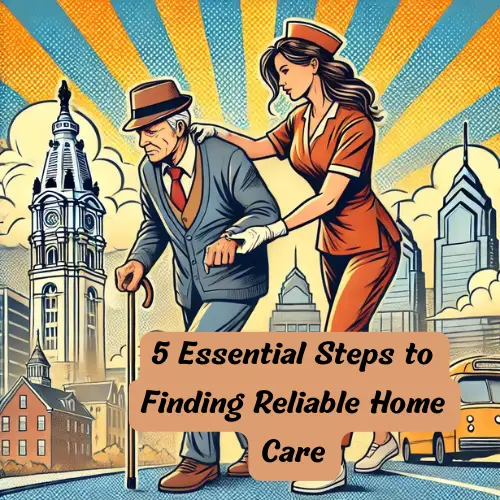When ‘Most Insurances’ Doesn’t Include Yours: Discrimination Against Medicaid Patients
The Illusion of Care Access…. “We Accept Most Insurances”
Navigating the healthcare system is challenging enough, but when insurance coverage dictates access to care, it adds another layer of frustration and lately…anger.
As someone who works closely with caregivers and seniors dealing with Medicare and Managed Medicare plans, I often see medical practices favoring certain insurance plans while discouraging others—especially Medicaid and Managed Medicare.
However, a recent personal experience made this issue hit even closer to home. I felt only a twinge of the injustice others must face.
My Personal Experience of How Providers Pick and Choose Patients Based on Insurance
This past week, I tried to establish care for my 17 year old son at a new primary care provider (PCP) near our home in the suburbs of Philadelphia. When I called, I introduced myself as his parent and asked to schedule an appointment to establish care. The very first question? “What insurance does he have?”
My son has excellent commercial insurance through his father’s union—Independence Personal Choice. It is one of those union plans most recipients feel blessed to have and I have never encountered denial of care when I pulled his card out of my wallet. IBC Personal Choice is a sought after Blue Cross Blue Shield plan that compensates providers well. Additionally, he has a secondary coverage through IBC Keystone First. Keystone First is a Medicaid Managed Care plan that exists primarily for us to cover co-pays related to his ADD diagnosis. That’s when this conversation took an unexpected turn…
The Medicaid Stigma: A Barrier to Quality and Accessible Healthcare
The receptionist hesitated, hemmed and huffed a bit. Then she stated, “We cannot take IBC Keystone First. Maybe one of our offices does.” Moments later, she corrected herself: “Actually, no, we cannot see him due to the Keystone First.”
I explained that we didn’t even need to use the secondary insurance—his primary plan blessedly fully covers his care.
It wasn’t about financial eligibility but rather what she explained as “No, even if it is his secondary or you don’t want to use it.” I repeated what she said in an effort to allow my brain more time to comprehend what was just said. Still, her response was firm: “No, it’s a corporate decision. We cannot take him. It is because he has Medicaid Keystone First, even as secondary, or that he has had it at all.”
Where do we even begin to break down the discrimination here….financial, perceived class, disability?
Denied Care Despite Having a Well-Reimbursing Primary Insurance
My son’s primary insurance (IBC Pesonal Choice) is one that providers actively seek out because of its generous reimbursement rates. It’s not a plan with low payments or administrative burdens. There was no risk of non-payment, no complicated billing process—yet he was turned away simply because Medicaid had ever been attached to his name!
Why Providers Refuse Medicaid: The Low Reimbursement Excuse and The Truth
Many providers argue that Medicaid reimbursement rates are too low, making it difficult to keep their practices financially viable. But, this was not the case here, was it? I clearly stated repeatedly I was happy to not have to use his secondary Medicaid insurance.
Some may say, the paperwork that a Medicaid Managed plan requires is overwhelming and cumbersome. But, this was not the case here either. Remember, I was never going to slip the card over the counter to be even scanned!
Some think these patients come with complicated social needs. The patient avatar is quite different in perception than those from a commercial employed plan.
Whatever the reason, that may be true in some cases, it doesn’t justify outright refusing care.
The conversation and the clarification led to the awful truth that it wasn’t even essentially about the insurance plan here.
It was about the patient, and the perception of that patient when they walk into the physician’s office.
Sadly, this wasn’t at all about reimbursement or the paperwork—it was about a systemic bias against Medicaid recipients.




